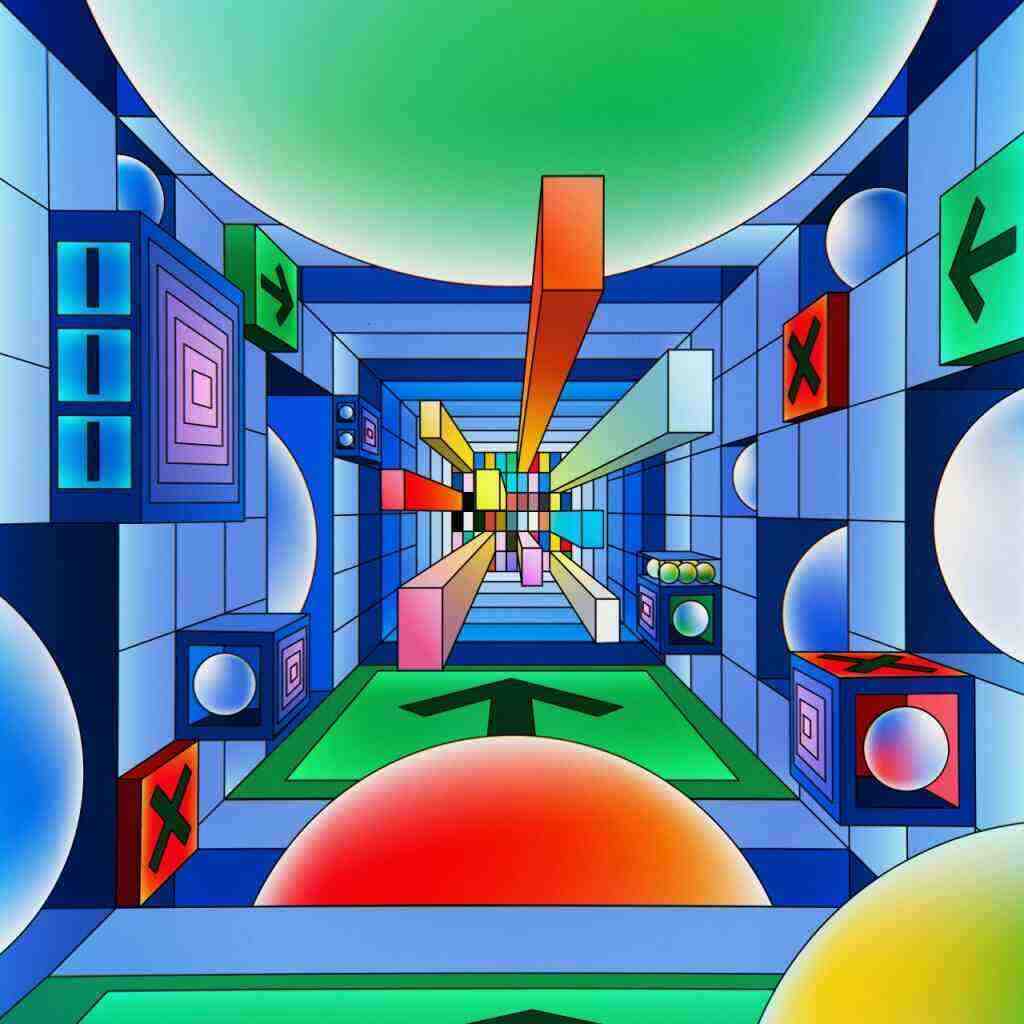The Evolving Landscape of Quantum Computing: A Clash Between Titans
Introduction
In the realm of computing, a captivating clash of titans is unfolding, pitting the enigmatic world of quantum computing against the enduring prowess of classical computers. This technological tug-of-war promises to reshape industries, redefine computational boundaries, and usher in an era of unprecedented innovation. Yet, amidst the excitement, a recent study conducted by a team from the Flatiron Institute and New York University has ignited a firestorm of debate, challenging the perceived supremacy of quantum systems. This development underscores the dynamic nature of technological progress, where breakthroughs and innovations are constantly reshaping the landscape of what is possible.
Quantum Computing: A New Frontier
Quantum computing, a paradigm shift in computational thinking, operates on principles that transcend the conventional framework of binary systems. Unlike classical computers that rely on bits, quantum systems harness the power of qubits, enabling the exploration of previously inaccessible computational realms. This transformative approach promises to revolutionize industries spanning finance, healthcare, materials science, and beyond, unlocking unprecedented possibilities for solving complex problems and driving scientific advancements.
Quantum Utility and Advantage: A Moving Target
In June 2023, researchers at IBM made headlines by demonstrating the ability of a quantum system to outperform a binary computer in a specific task, coining the term “quantum utility.” This achievement marked a significant milestone in the quest for quantum supremacy, suggesting that quantum systems could indeed surpass classical computers in certain applications. However, the triumph was short-lived as researchers from New York unveiled a classical method, dubbed the tensor network approach, capable of surpassing the quantum computer’s performance. This development highlights the ever-evolving nature of the quantum computing landscape, where advancements and breakthroughs are constantly redefining the boundaries of what is possible.
Classical Computers: An Enduring Force
Despite the allure of quantum systems, classical computers have demonstrated remarkable resilience and adaptability in the face of this new challenge. Classical computers continue to astound with their ability to tackle complex problems, often surpassing quantum systems in terms of accuracy and efficiency. This enduring strength stems from decades of research and development, resulting in highly optimized algorithms, sophisticated software, and powerful hardware architectures. Classical computers have proven their mettle in various domains, from weather forecasting and financial modeling to drug discovery and materials design.
A Dynamic Race for Supremacy
The race between quantum and classical computing is far from over, with both sides pushing the boundaries of innovation. Quantum computing companies are racing to bring practical systems to market, with IBM projecting a pivotal moment in quantum computing by 2029 and QuEra targeting a 10,000-qubit error-corrected quantum computer by 2026. These advancements promise to unlock unprecedented computational power, transforming industries in unforeseen ways.
Conclusion
The interplay between quantum and classical computing is a testament to the dynamic nature of technological progress. As quantum systems continue to evolve, classical computers are adapting and innovating, blurring the lines between the two paradigms. The future of computing is likely to be a harmonious blend of both approaches, with each playing a vital role in shaping the computational landscape of tomorrow. Quantum systems may excel in certain specialized tasks, while classical computers remain indispensable for a wide range of applications. This symbiotic relationship between the two technologies promises to drive innovation, accelerate scientific discovery, and transform industries in ways we can scarcely imagine.
